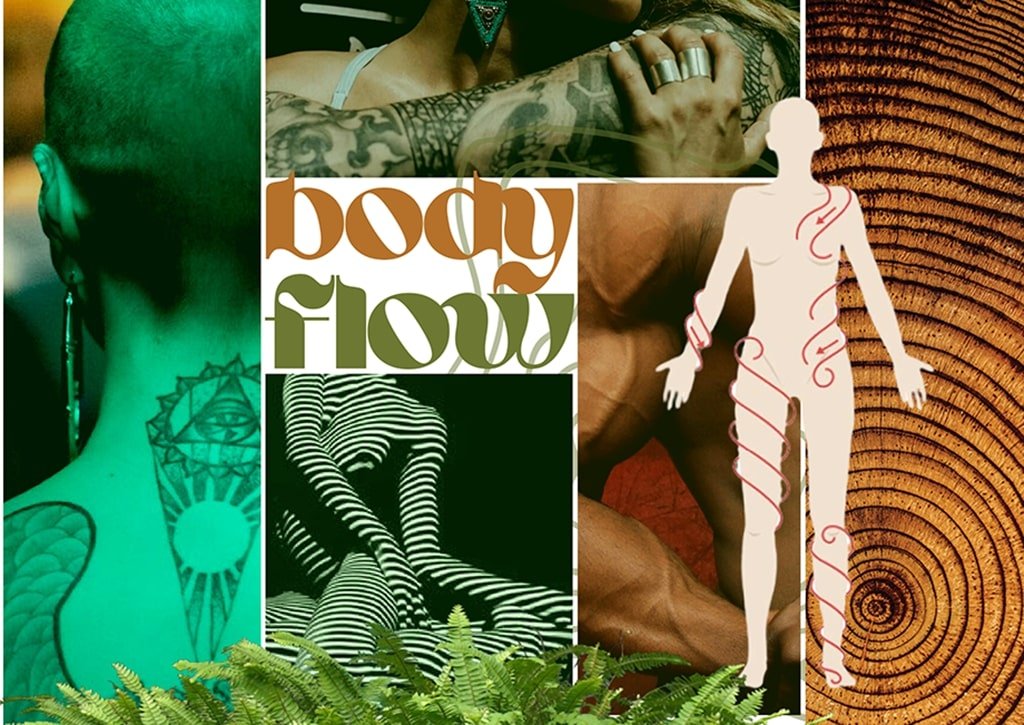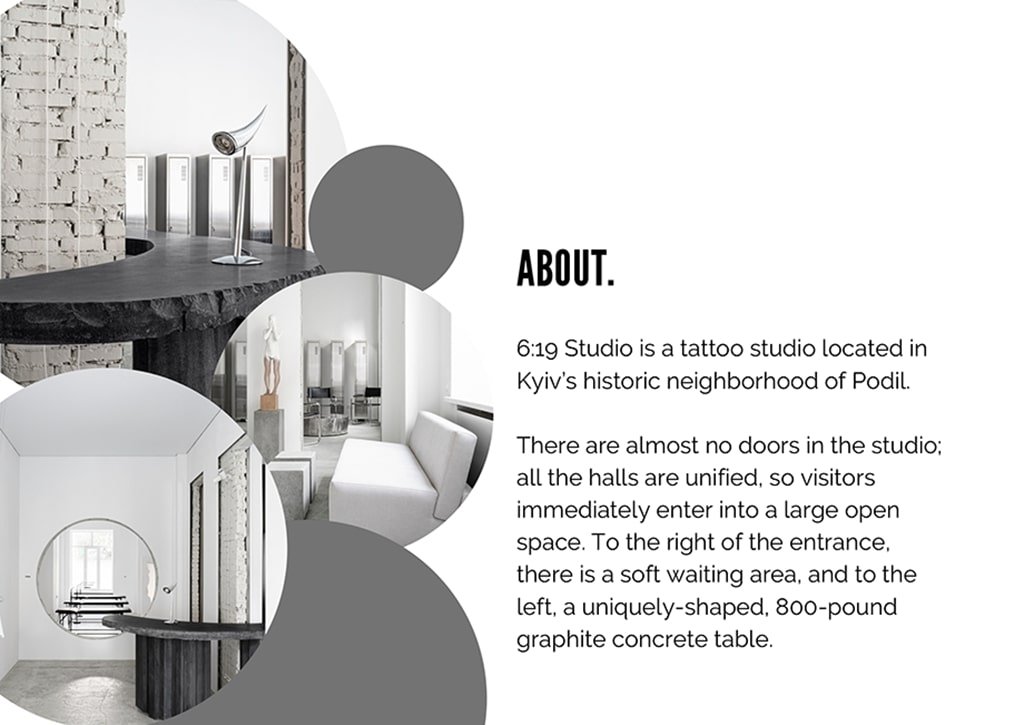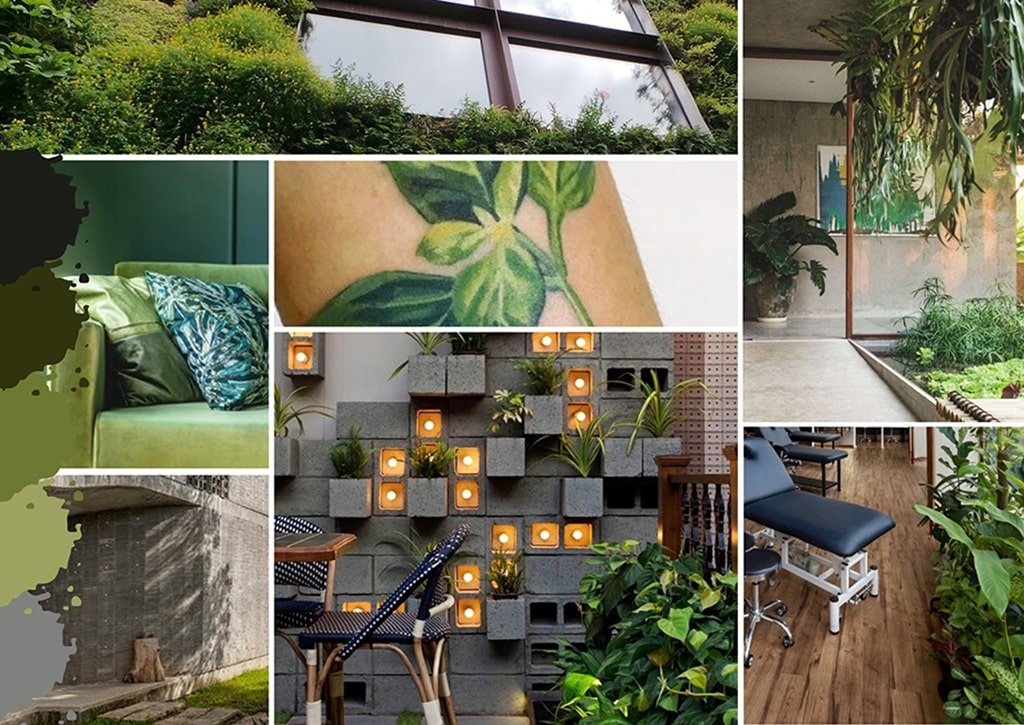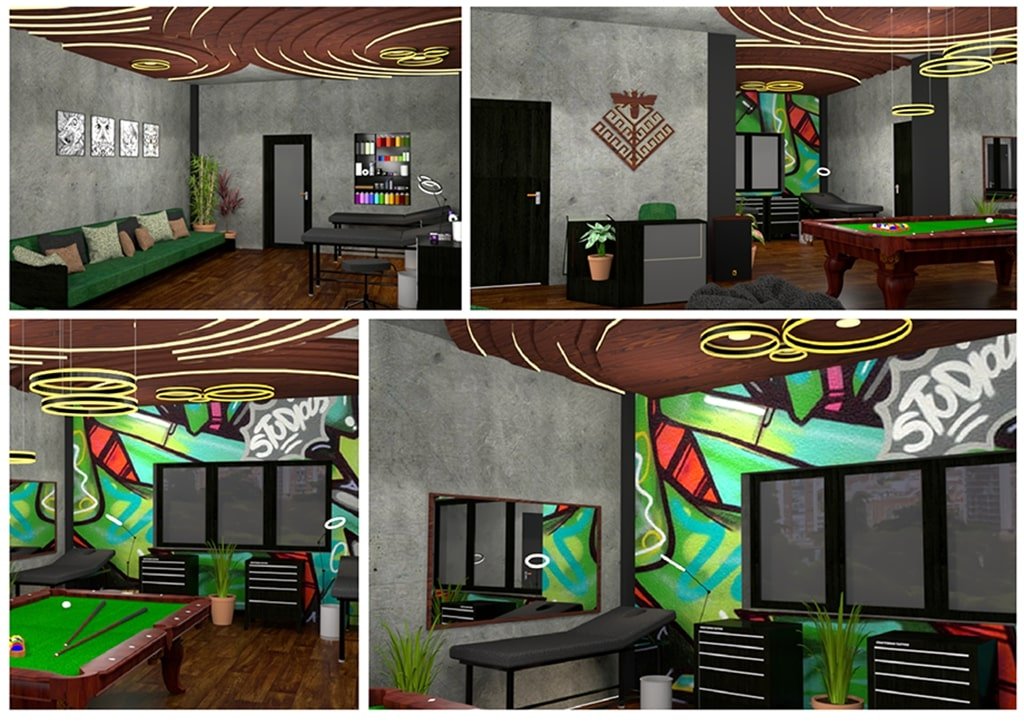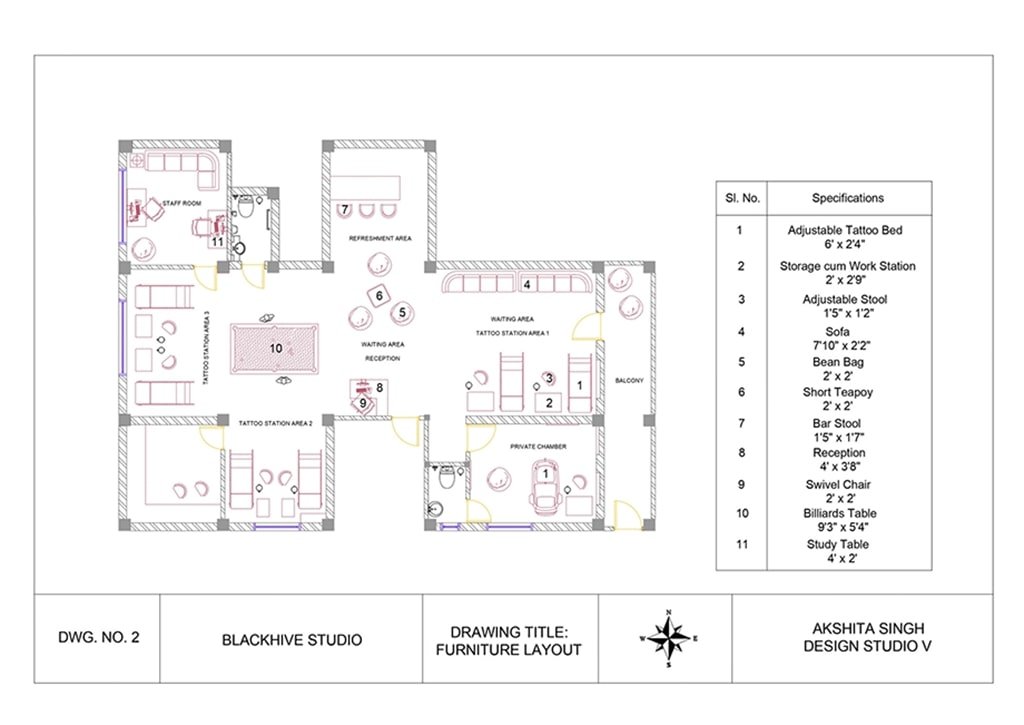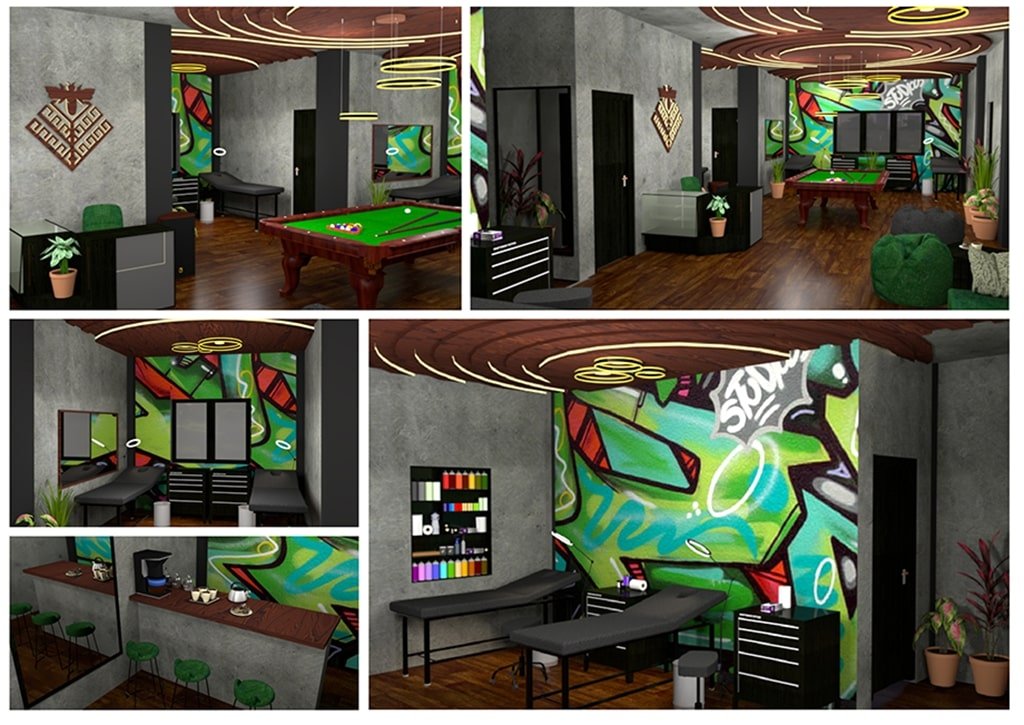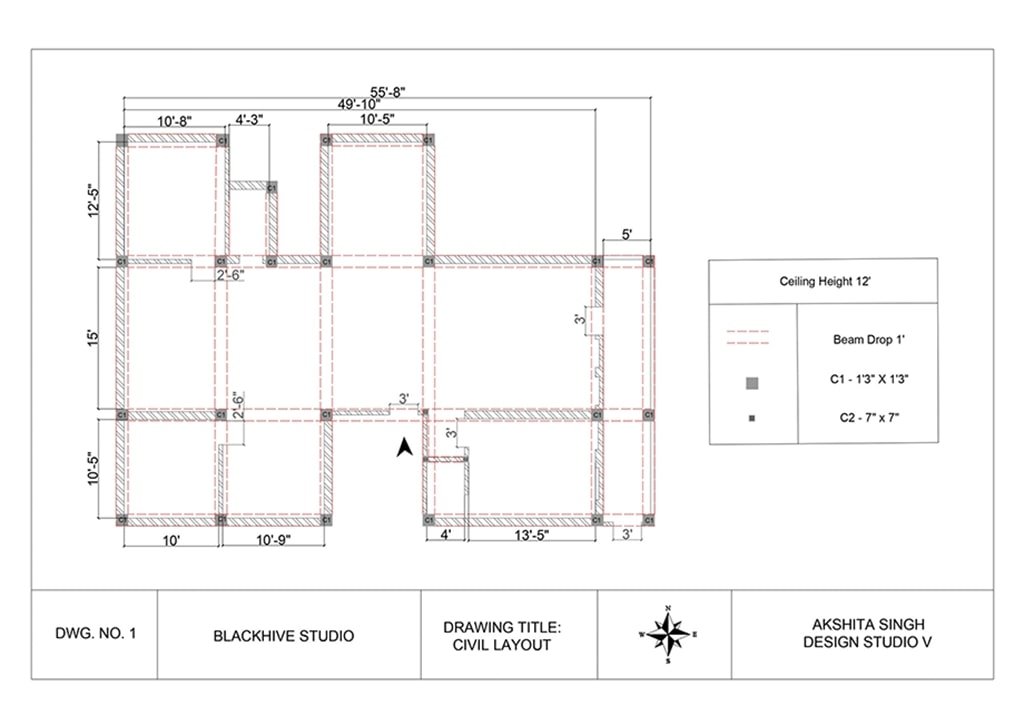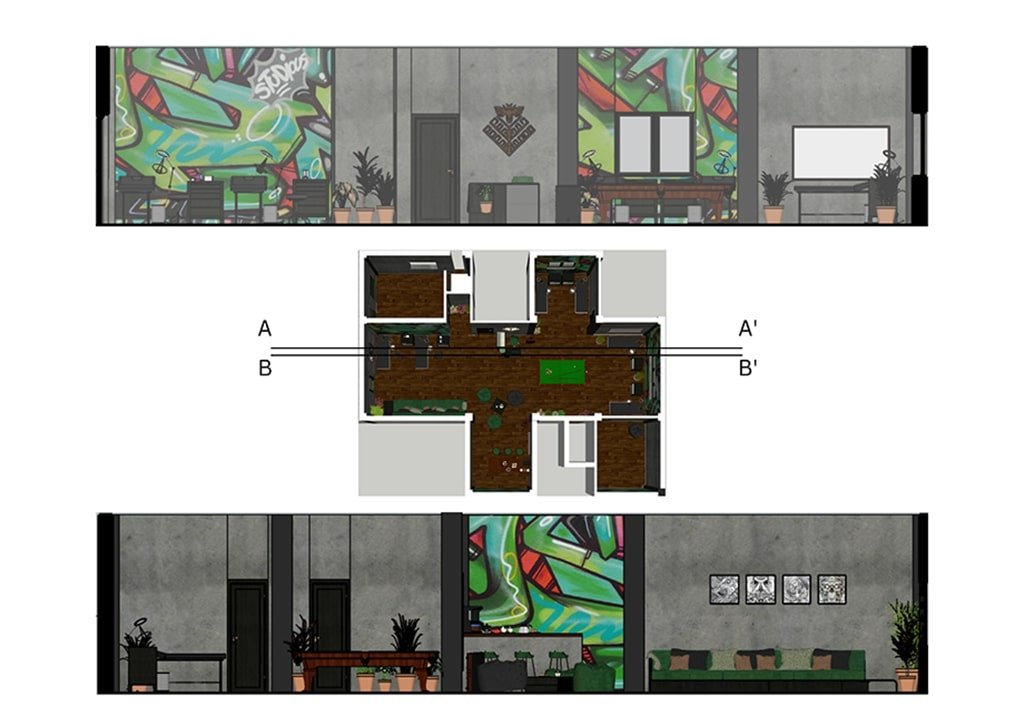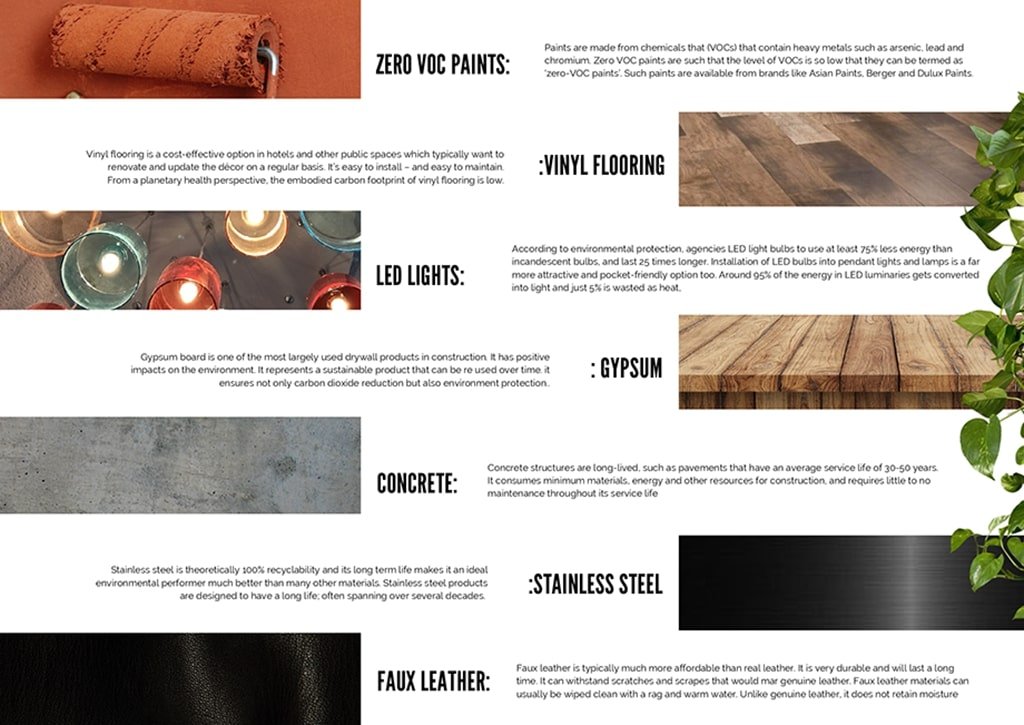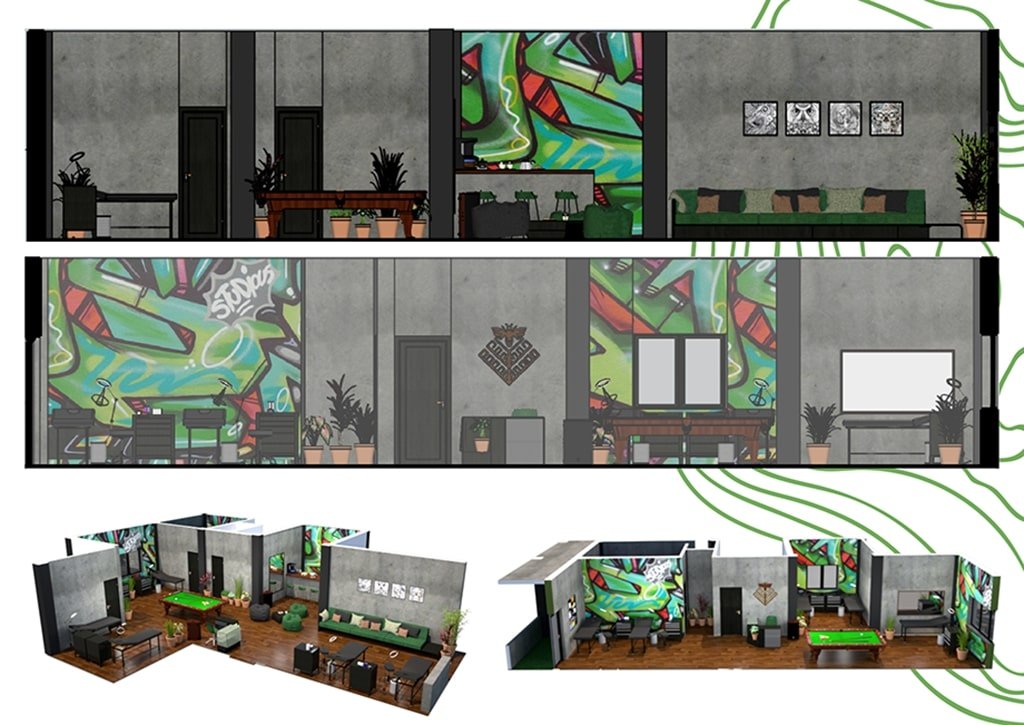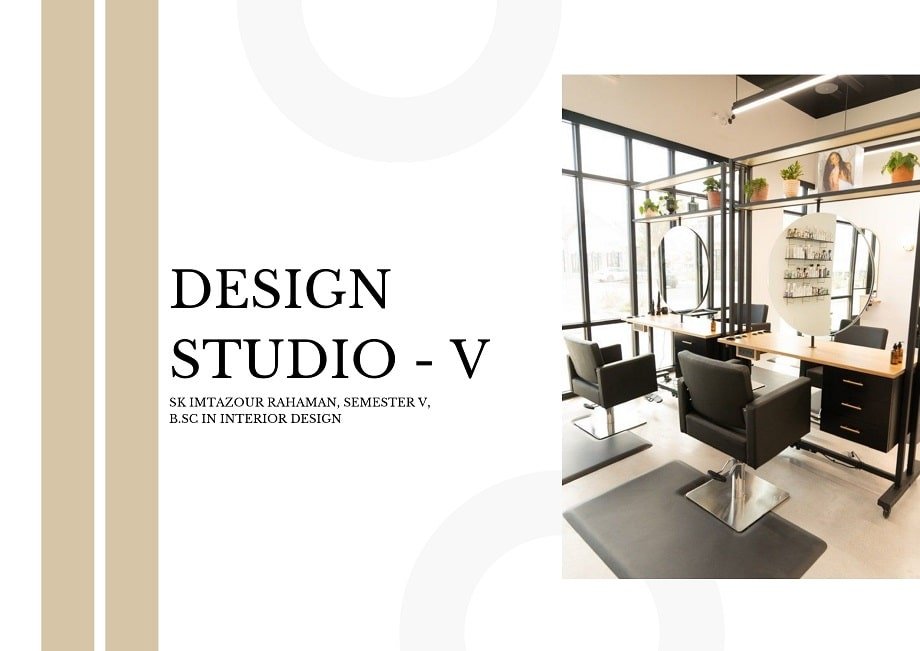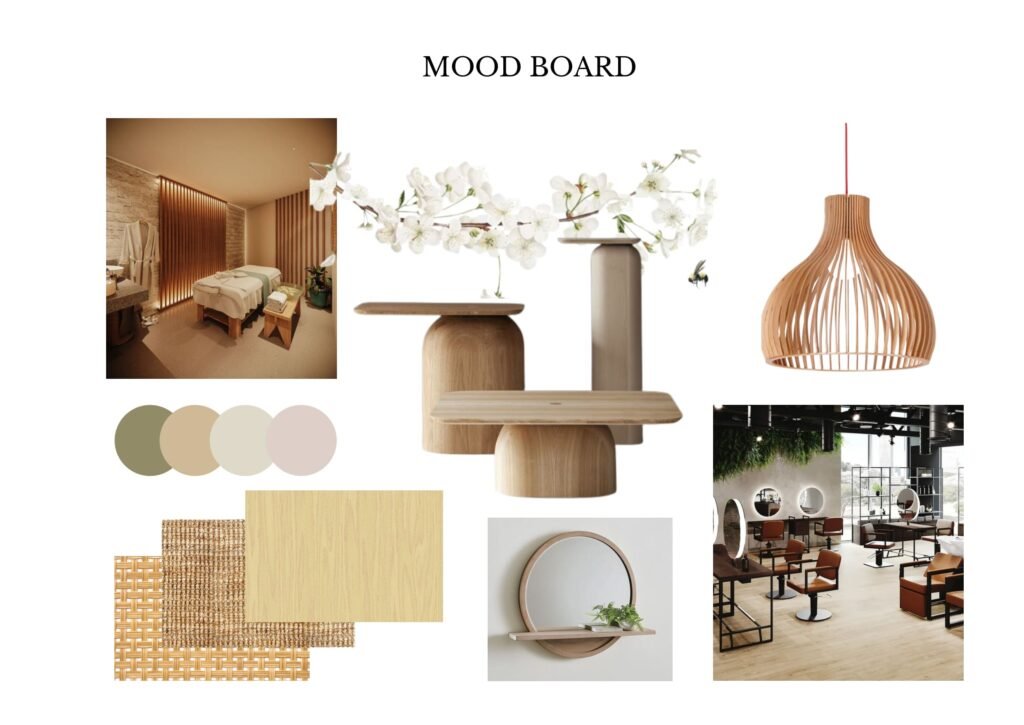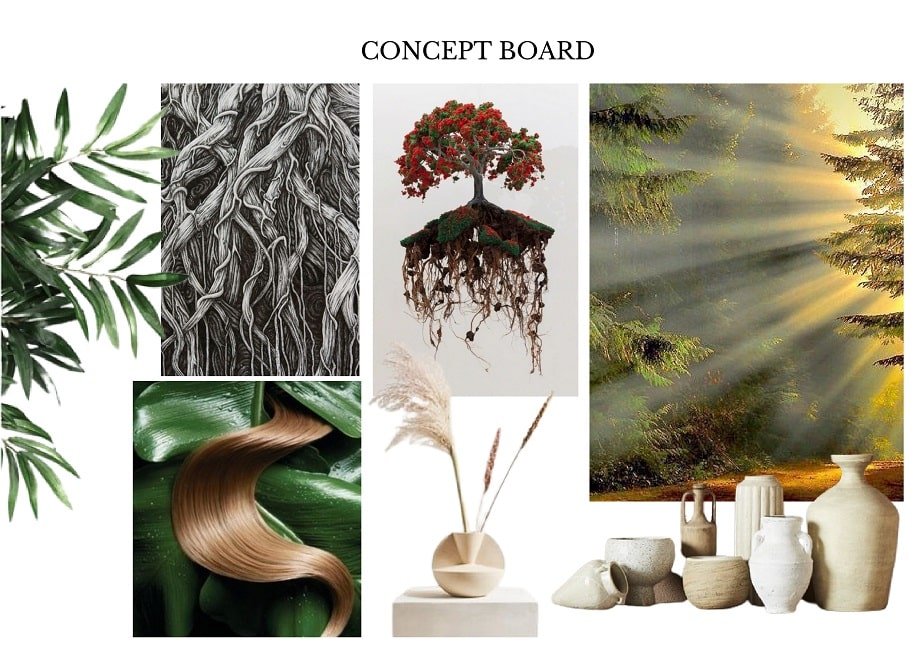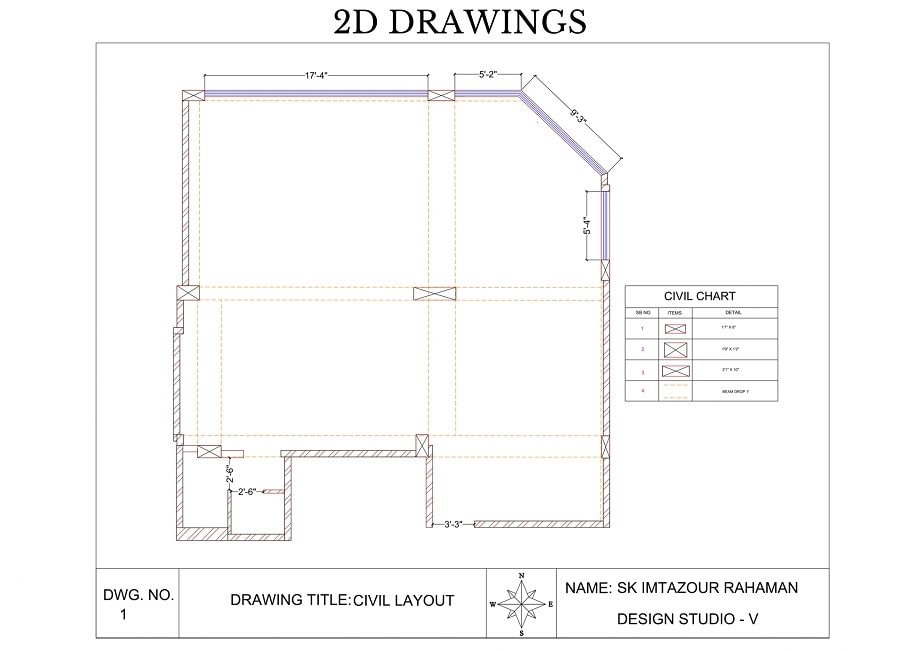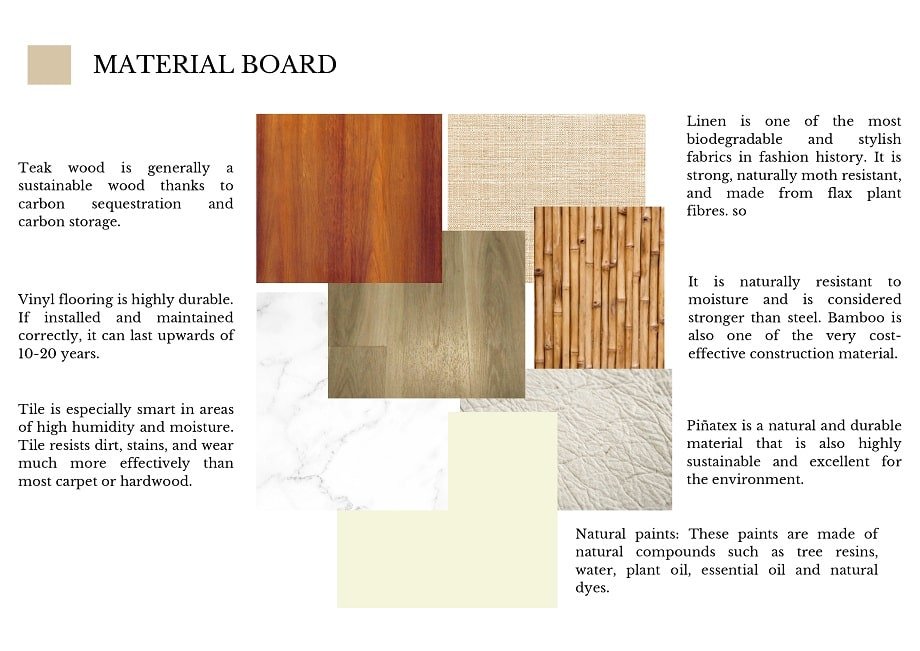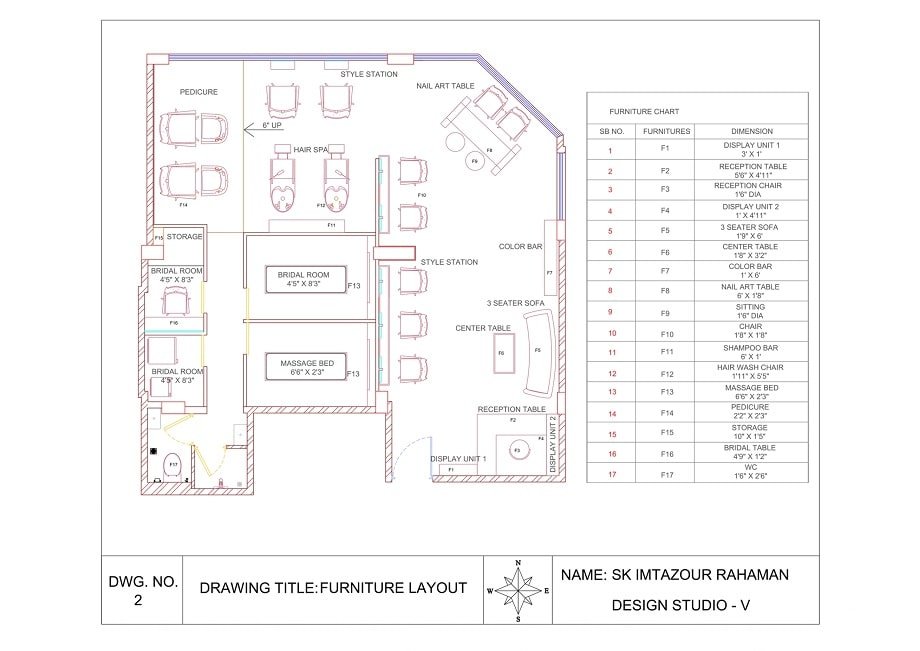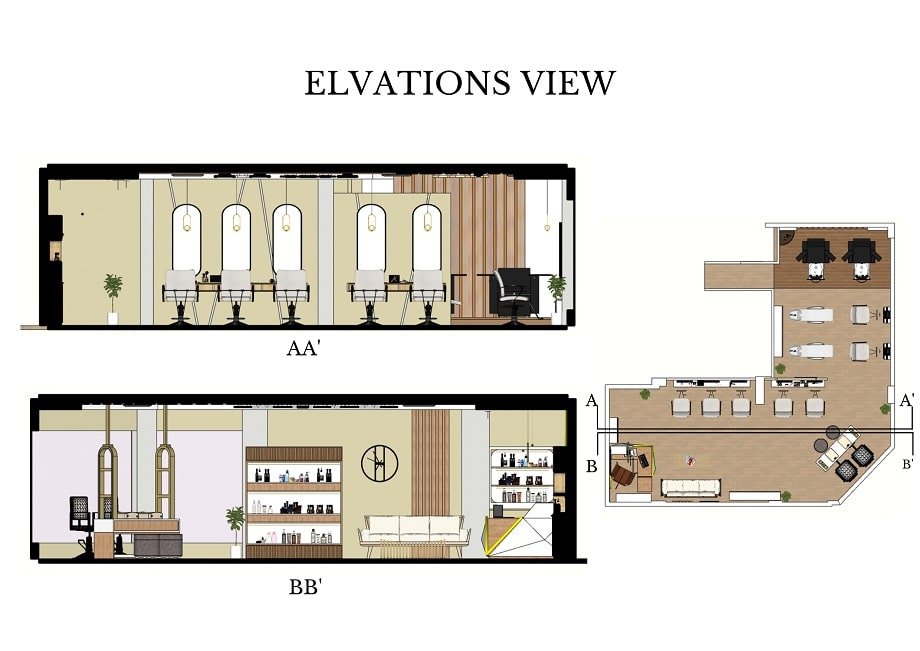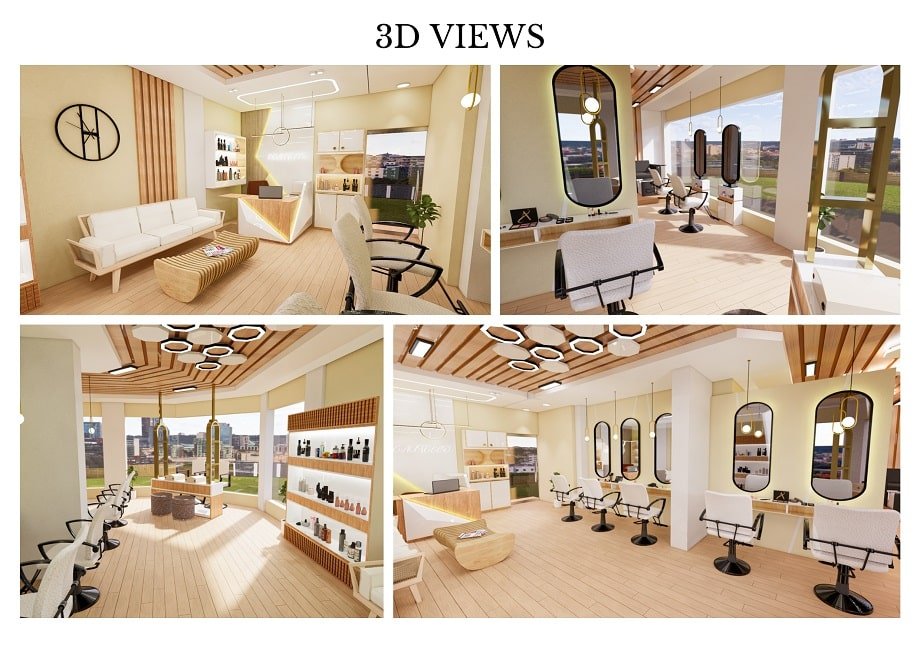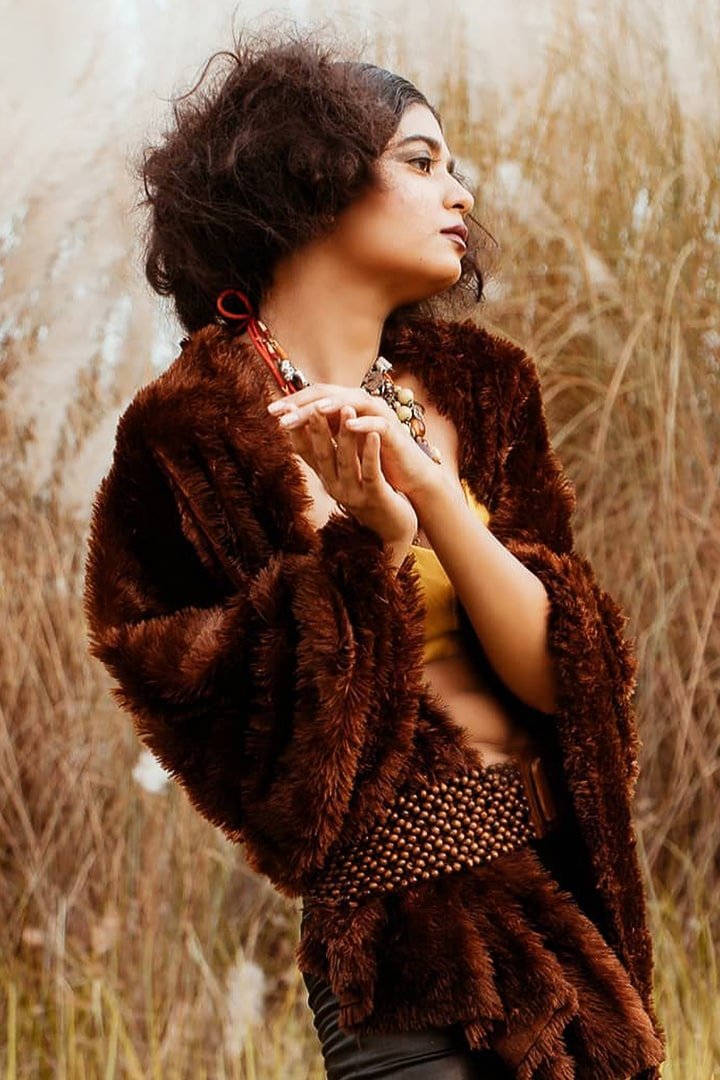MDes INTERIOR Design & Sustainability
In Partnership with Techno India University


Master advanced interior design concepts and shape solutions for real industry projects
- Level: Postgraduate
- Duration: 2 years
- Eligibility: Graduation from any stream
The renowned MDes Interior Design course in Kolkata seamlessly integrates cutting-edge interior design techniques with contemporary practices and a comprehensive understanding of the field’s history and professional standards, ensuring students are well-equipped for success in the global industry.
This innovative program comprises diverse design and theory modules, each offering unique perspectives on design practice or theory. With a strong emphasis on honing practical design skills, fostering product innovation, and exploring conceptual interior design, the curriculum also delves into industry practices, research and development, sustainability, and ethical considerations.
Students are immersed in key developments and challenges within the global interior industry. The core focus of the course lies in understanding interior business dynamics, addressing global challenges, and devising sustainable solutions in design, sourcing, production, consumption, and overall interior sustainability. By amalgamating research, education, practice, and business aspects, the program inspires students to pioneer sustainable solutions within the interior industry through critical analysis and zero-waste design methodologies.
Taught by seasoned designers and industry professionals, students gain invaluable firsthand knowledge and experience in navigating the contemporary interior design landscape. The course offers a range of industry-centric opportunities, including internships, live projects, mentorship programs, design competitions, and immersive industry experiences, all geared towards providing students with practical skills and insights into the 21st-century interior design industry with a special focus on sustainability business management.
It encourages students to develop:
- an ability to record from direct observation and personal experience;
- an ability to identify and solve problems in visual and/or other forms;
- creativity, visual awareness, critical and cultural understanding;
- an imaginative, creative and personal response;
- confidence, enthusiasm and a sense of achievement in the practice of Art and Design;
- growing independence in the refinement and development of ideas and personal outcomes;
- engagement and experimentation with a range of media, materials and techniques, including new media where appropriate;
- experience of working in relevant frameworks and exploration of manipulative skills necessary to form, compose and communicate in two and/or three dimensions;
- knowledge of a working vocabulary relevant to the subject and an interest in, and a critical awareness of, other practitioners, environments and cultures;
- investigative, analytical, experimental, interpretative, practical, technical and expressive skills.
| Semester 1 | |
|---|---|
| Design Thinking & Methods | |
| Human-Centered Design: Optimizing Spaces | |
| Visual Communication in Design: Illustration and Rendering | |
| Digital Design Development | |
| Strategic Design Thinking in Digital Interiors-I | |
| Experiential Learning: A Guided Exploratory Project | |
| Semester 2 | |
|---|---|
| Concept to Construction | |
| Interior Systems and Infrastructure | |
| Strategic Design Thinking in Digital Interiors-II | |
| Furniture, Furnishings and Decor: Crafting Comfort and Style | |
| Semester 3 | |
|---|---|
| Environmental Consciousness in Construction Practices | |
| Illuminating Spaces: The Art of Interior Lighting | |
| Budgeting and Financial Planning in Construction | |
| Digital Design Identity and Personal Narrative | |
| Exploring The Science of Research | |
| Semester 4 | |
|---|---|
| Professional Proficiency in Modern Workplace | |
| Interior Business & Entrepreneurship | |
| Industry Immersion: Practical Placement Program | |
| Major Thesis Project | |
| Masterclass | |
|---|---|
| Space & Beyond: Design Beyond Earth | |
| Biophilic Design in Interiors | |
| Parametric Architectural Design | |
| AI in Interior Space Design | |
| Empathetic Design- Design for Special Needs | |
| Modular Design for Interiors | |
| Luxury Brand Management | |
The assessment for the International Postgraduate Course in Interior Design and Sustainability focuses on advanced design thinking, technical proficiency, and the integration of sustainable solutions. Students are evaluated through detailed design projects, research-based assignments, technical drawings, presentations, and professional portfolios. Emphasis is placed on innovation, functionality, and environmental responsibility. Continuous feedback and critiques from faculty and industry experts ensure students are equipped to meet the complex challenges of the modern interior design industry.
The International Postgraduate Course in Interior Design and Sustainability maintains strong industry connections with top interior design firms, sustainability consultants, and architectural studios. Students benefit from internships, live projects, guest lectures, and collaborative workshops with industry professionals. These engagements provide valuable real-world experience, exposure to current design practices, and opportunities to build a strong professional network, preparing graduates for impactful careers in the global interior design industry.
Interior Designer
Space Planner
Exhibition & Set Designer
Furniture Designer
Lighting Designer
Sustainable Design Consultant
Interior Stylist
Visual Merchandiser
CAD/BIM Technician
Design Entrepreneur
Project Manager (Interior Design)
Interior Design Educator
Interior Design Researcher
Visual Communication Specialist

